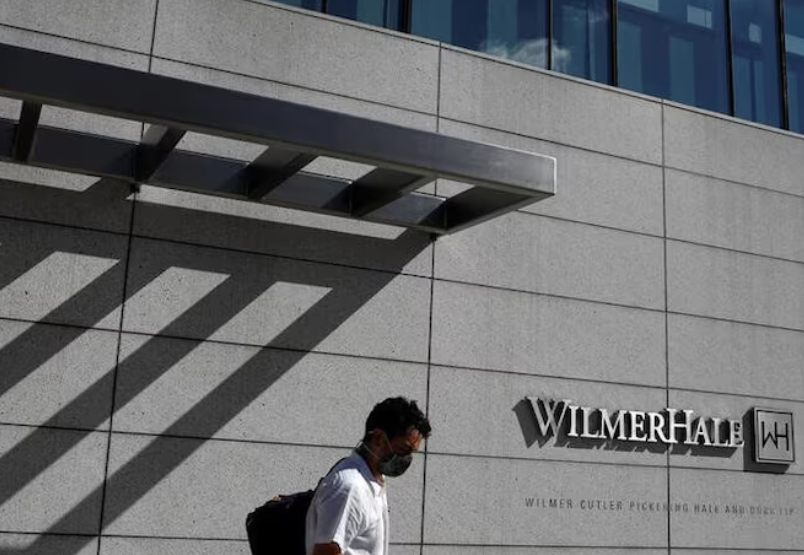Wilmer Cutler Pickering Hale and Dorr announced the introduction of a non-equity partnership tier, marking a shift from the traditional model where all partners share ownership. This new tier will apply to WilmerHale’s new hires, while the existing 253 equity partners will remain unaffected, according to a firm spokesperson on Thursday.
Many U.S. law firms have already designated some partners as non-equity or “income” partners, who typically earn significantly less than full equity partners, whose compensation is directly tied to firm profits.
WilmerHale’s managing partner, Anjan Sahni, described the new non-equity tier as beneficial for the firm, its clients, and its lawyers, offering “another pathway for advancement.” Sahni also highlighted that the new tier will provide WilmerHale with “more flexibility” in attracting and retaining legal talent.
Although WilmerHale did not provide immediate details on how it plans to expand or implement the non-equity tier, the move aligns with a broader trend among top U.S. law firms. According to a 2023 report from the law firm consultancy Adam Smith, Esq., 86% of the 200 highest-grossing U.S. law firms have adopted at least two tiers of partnerships.
Bruce MacEwen, president of Adam Smith, noted that the non-equity tier is rapidly expanding across the industry, offering law firms several economic advantages. Income partners can command higher billing rates than associates but do not receive a share of the firm’s profits. Additionally, firms can more easily reduce salaries or lay off non-equity partners during economic downturns.
Earlier this year, Brad Karp, chair of Paul, Weiss, Rifkind, Wharton & Garrison, confirmed that the firm had also implemented a non-equity partnership tier. However, the non-equity model is not without controversy. For instance, Duane Morris is currently facing a federal lawsuit from a San Diego-based lawyer who claims the firm forced non-equity partners like herself to cover a portion of the firm’s taxes and expenses while denying them a share of the profits. Duane Morris has denied the allegations.

